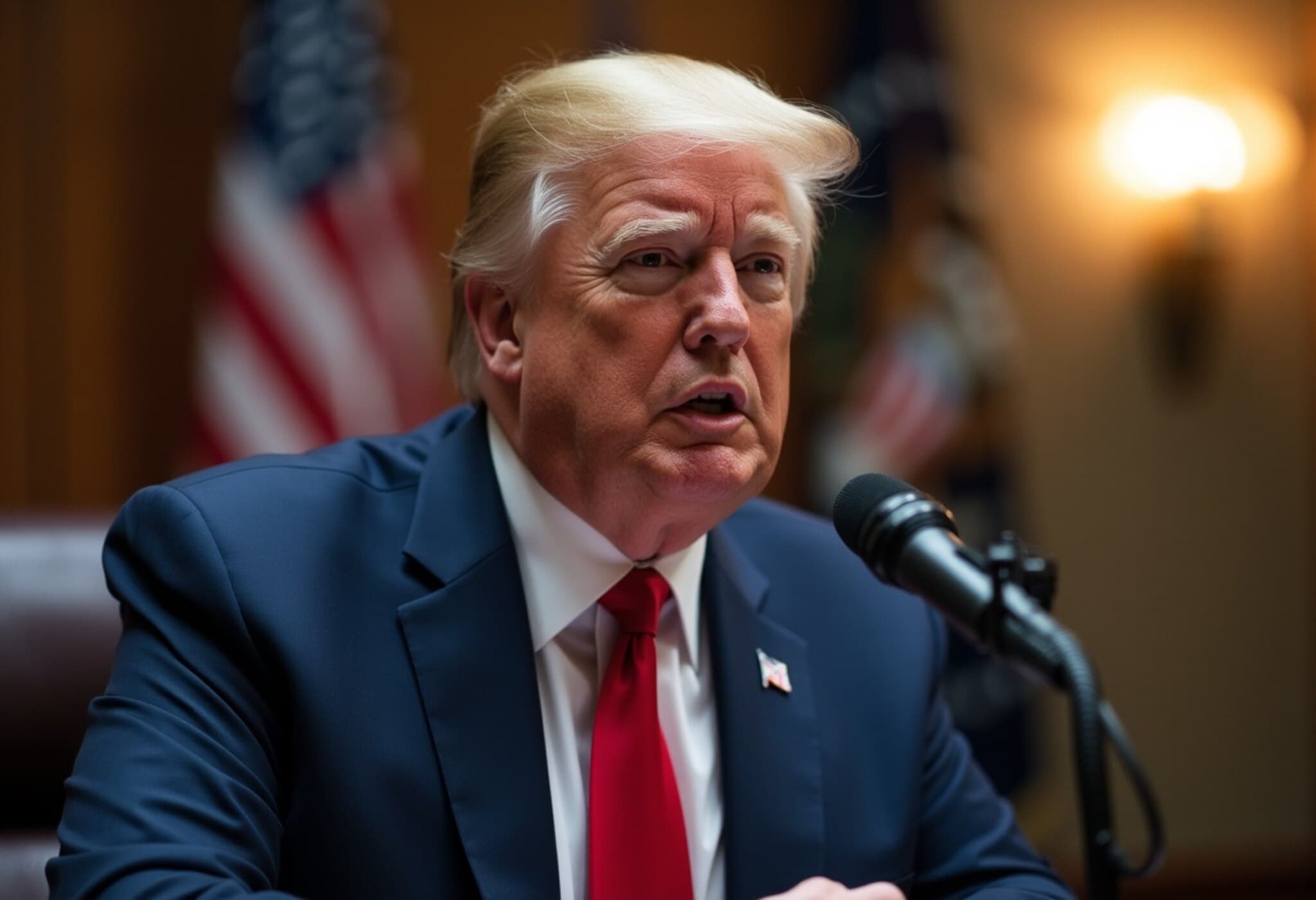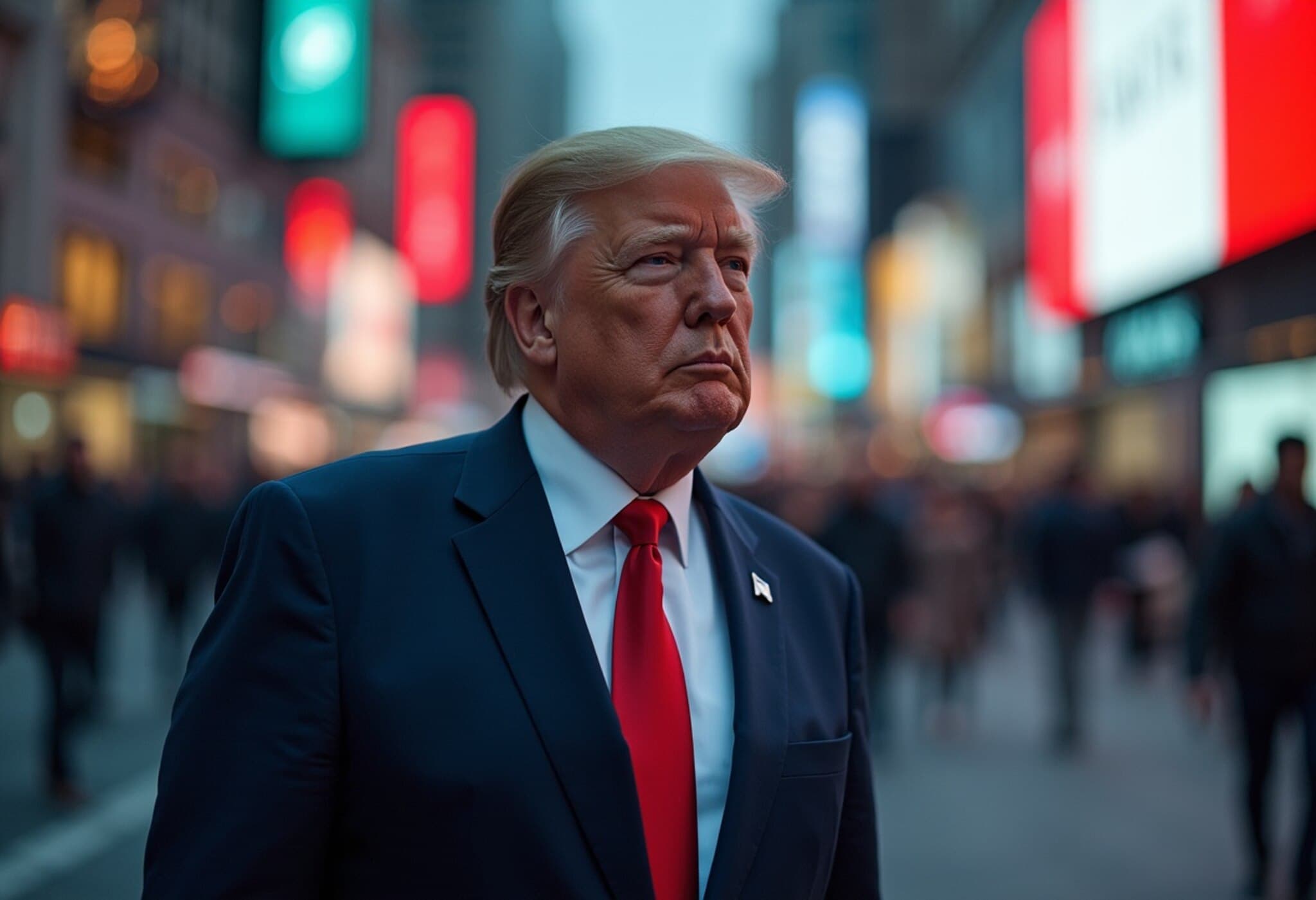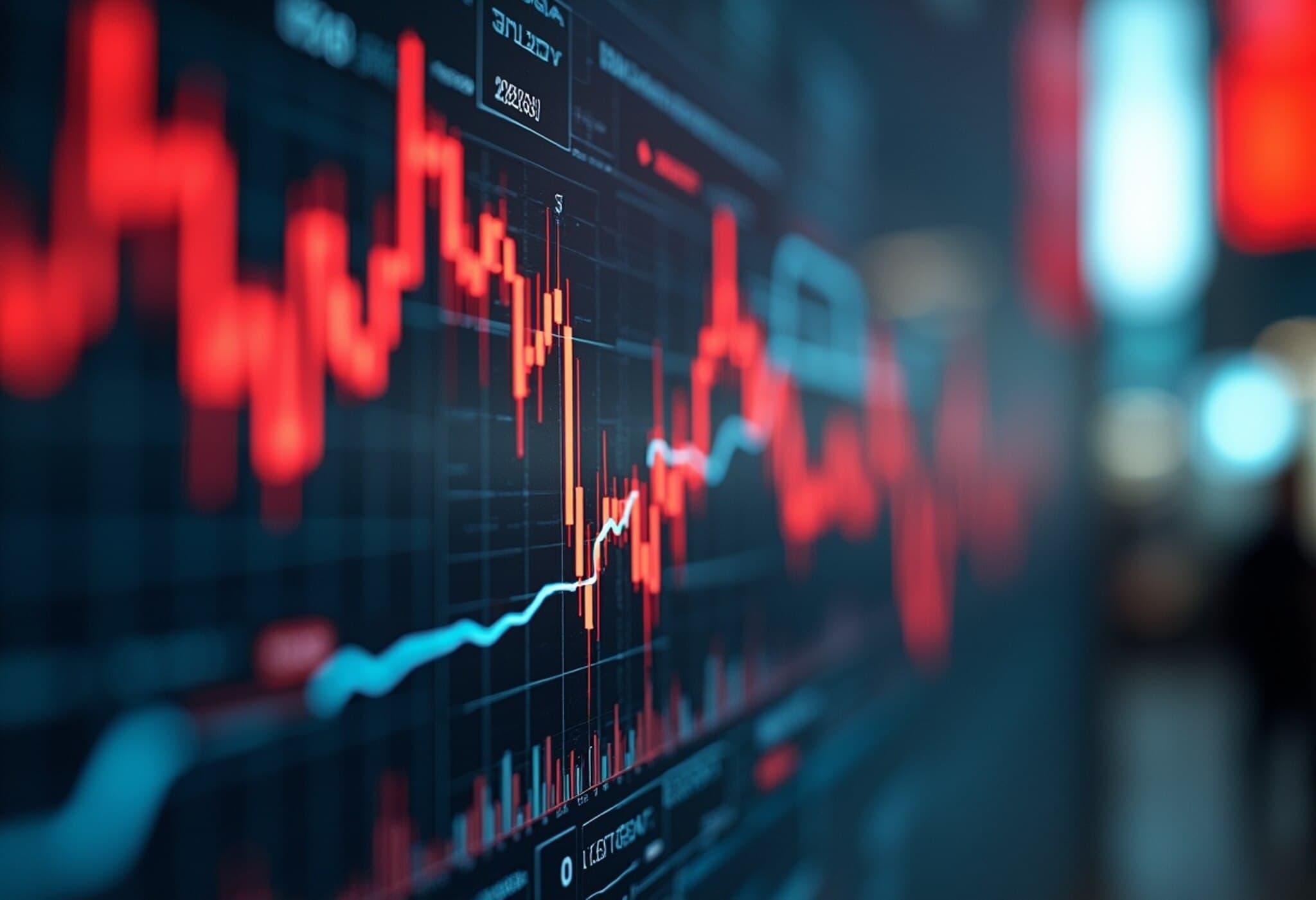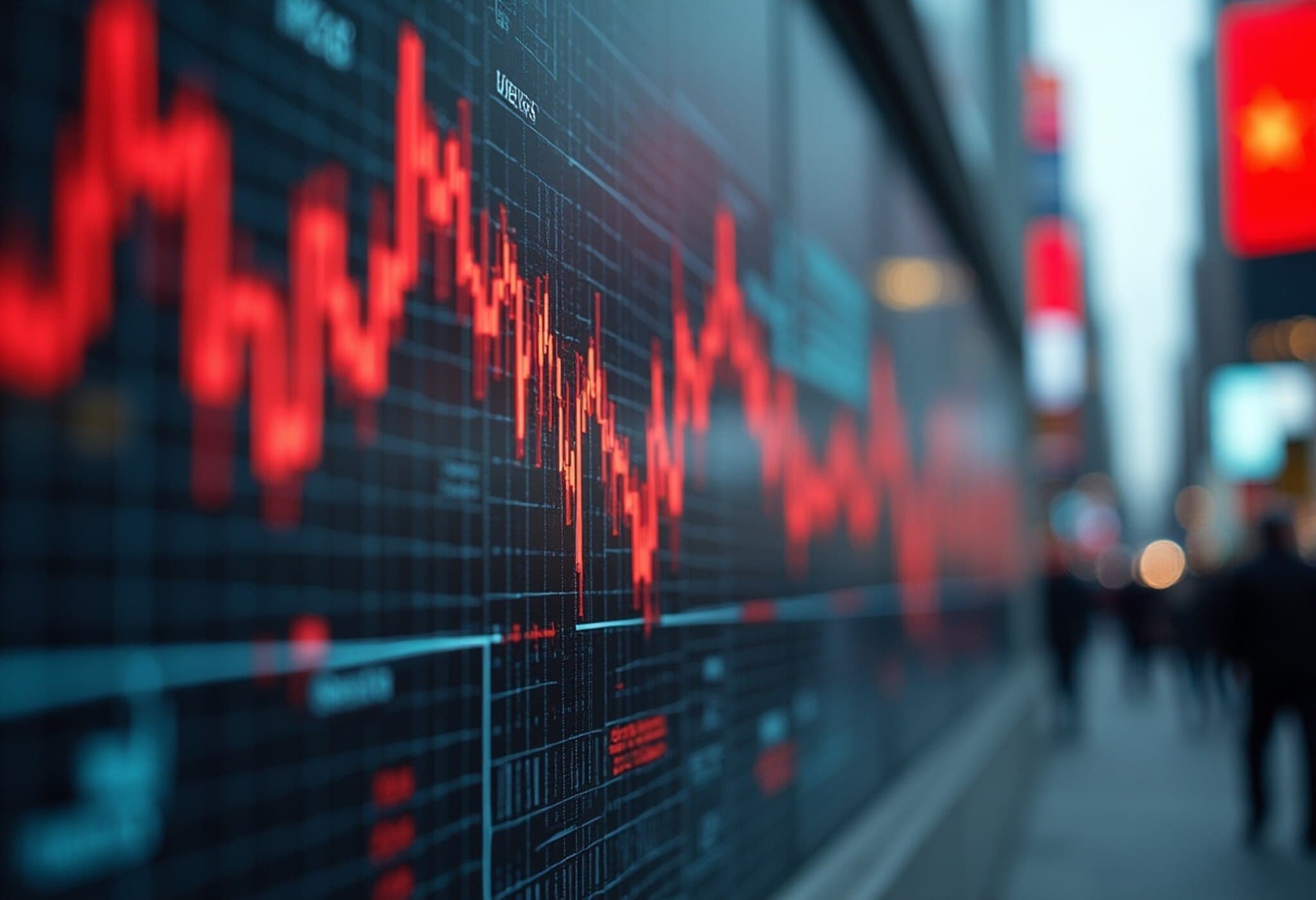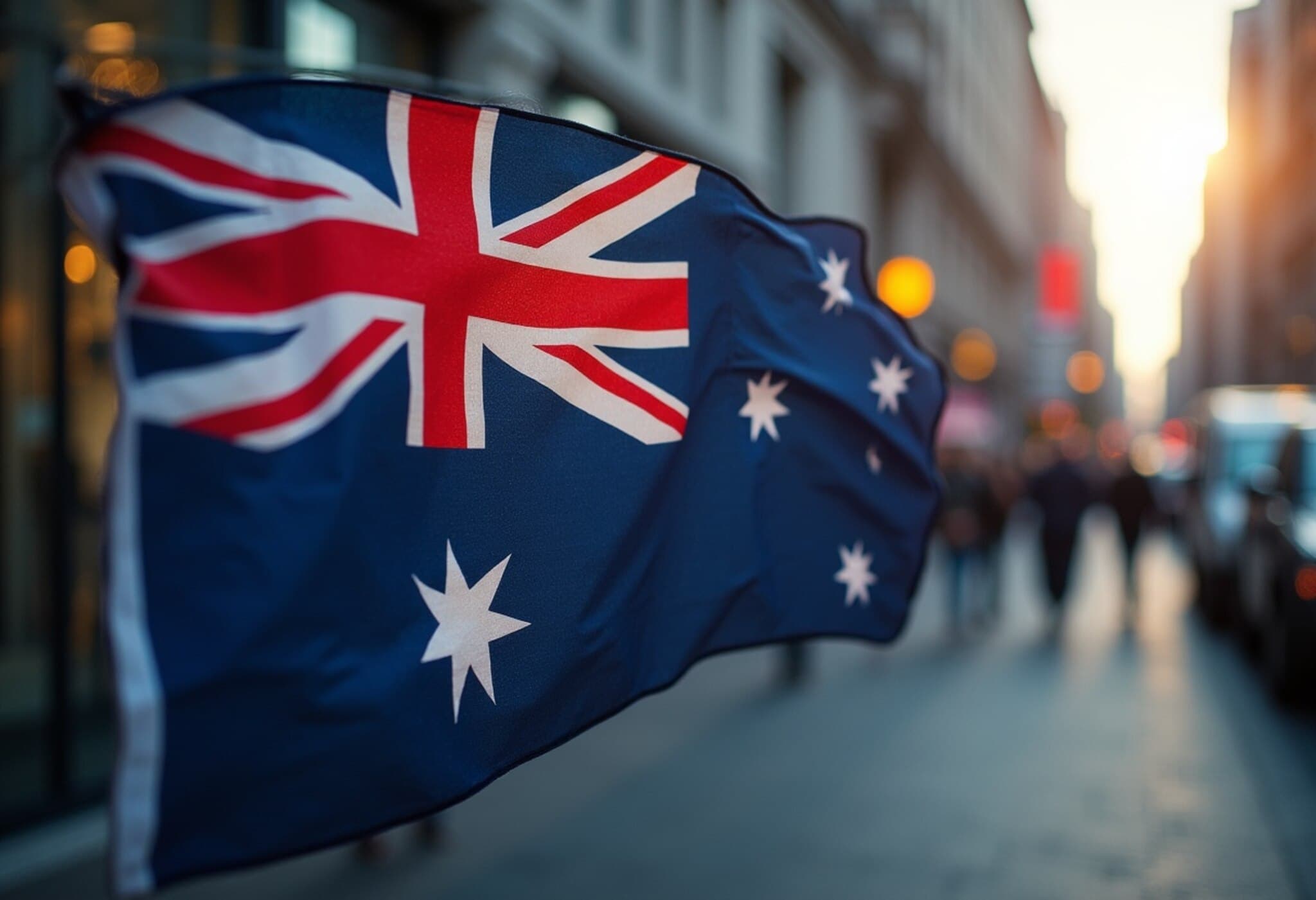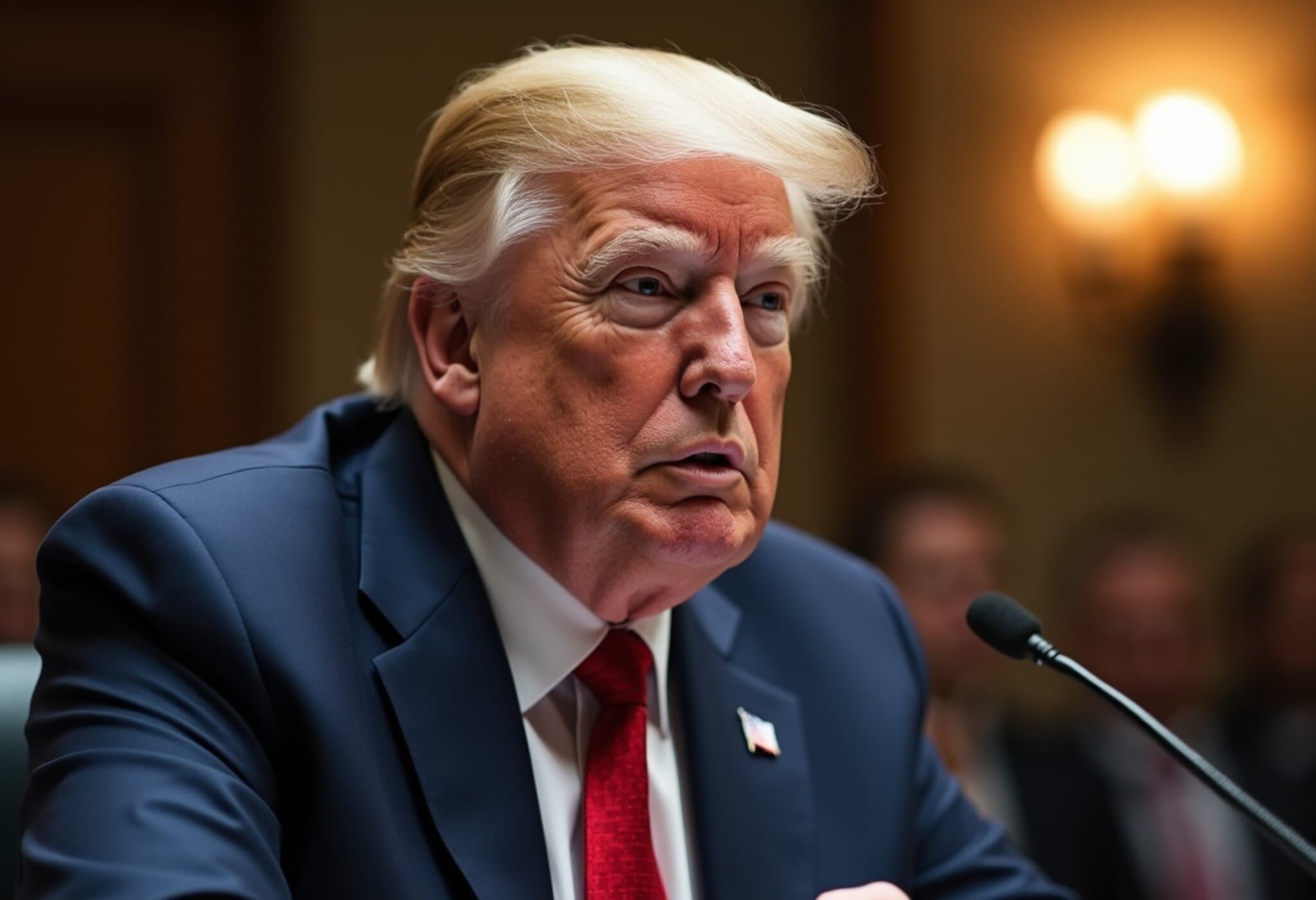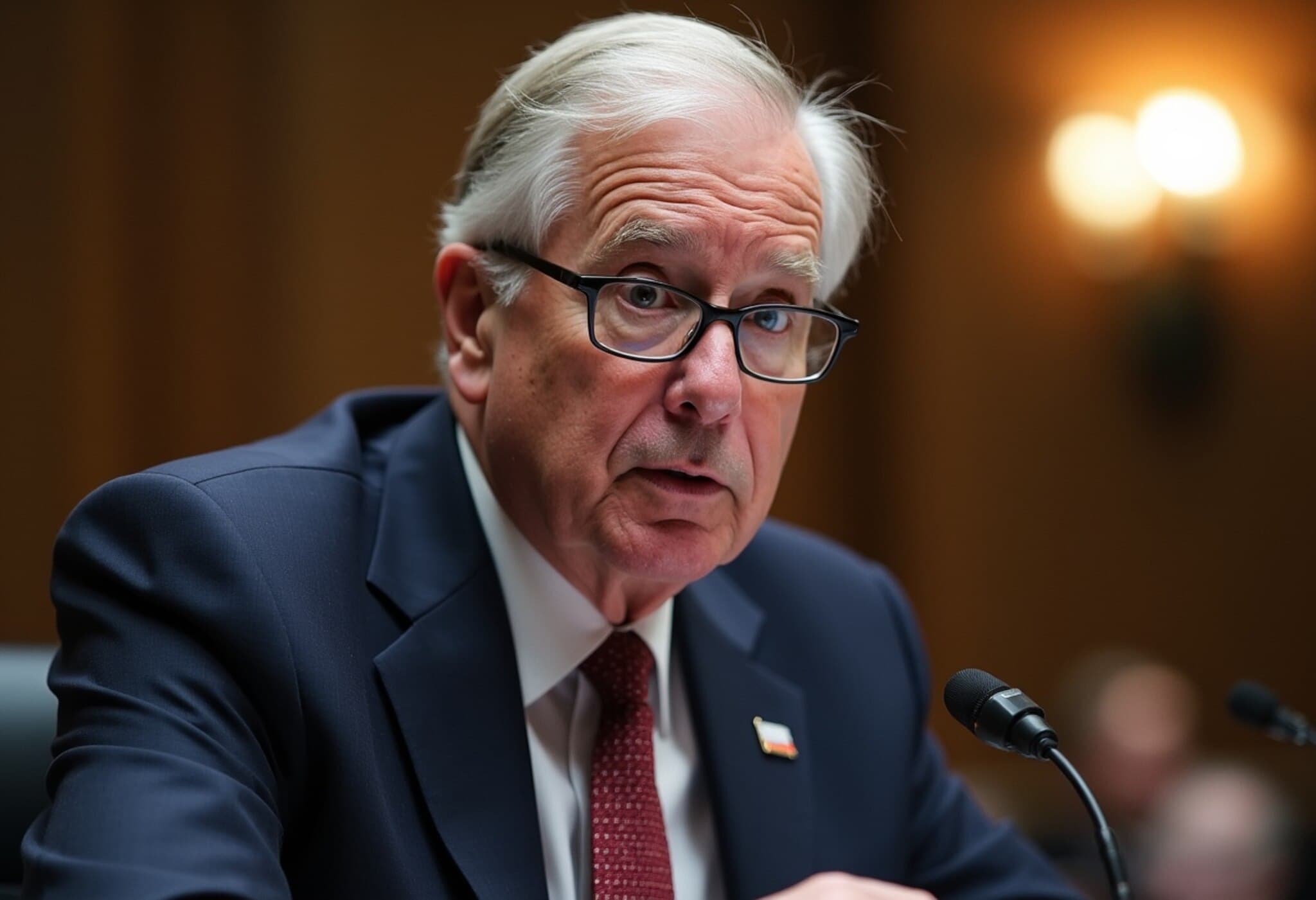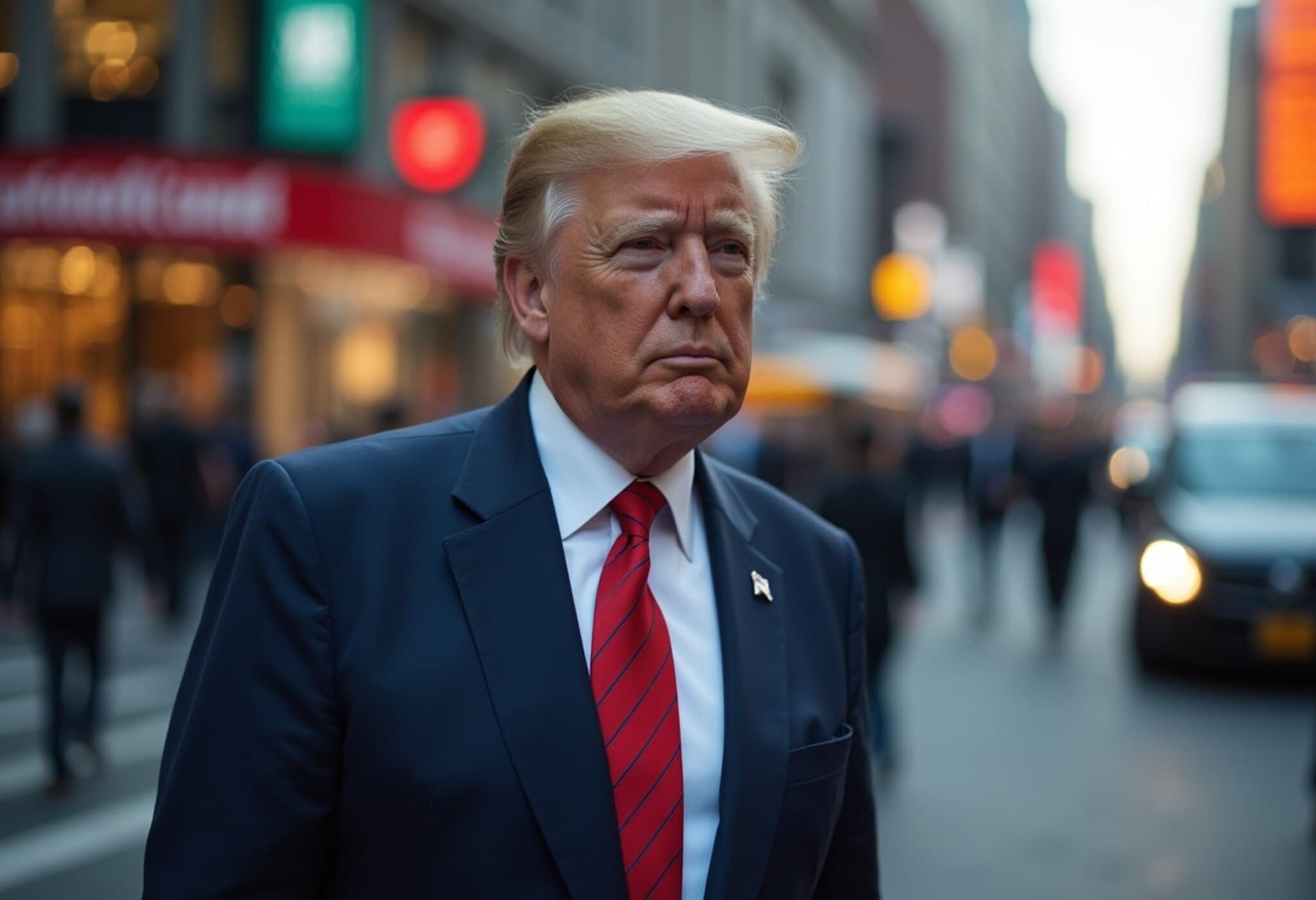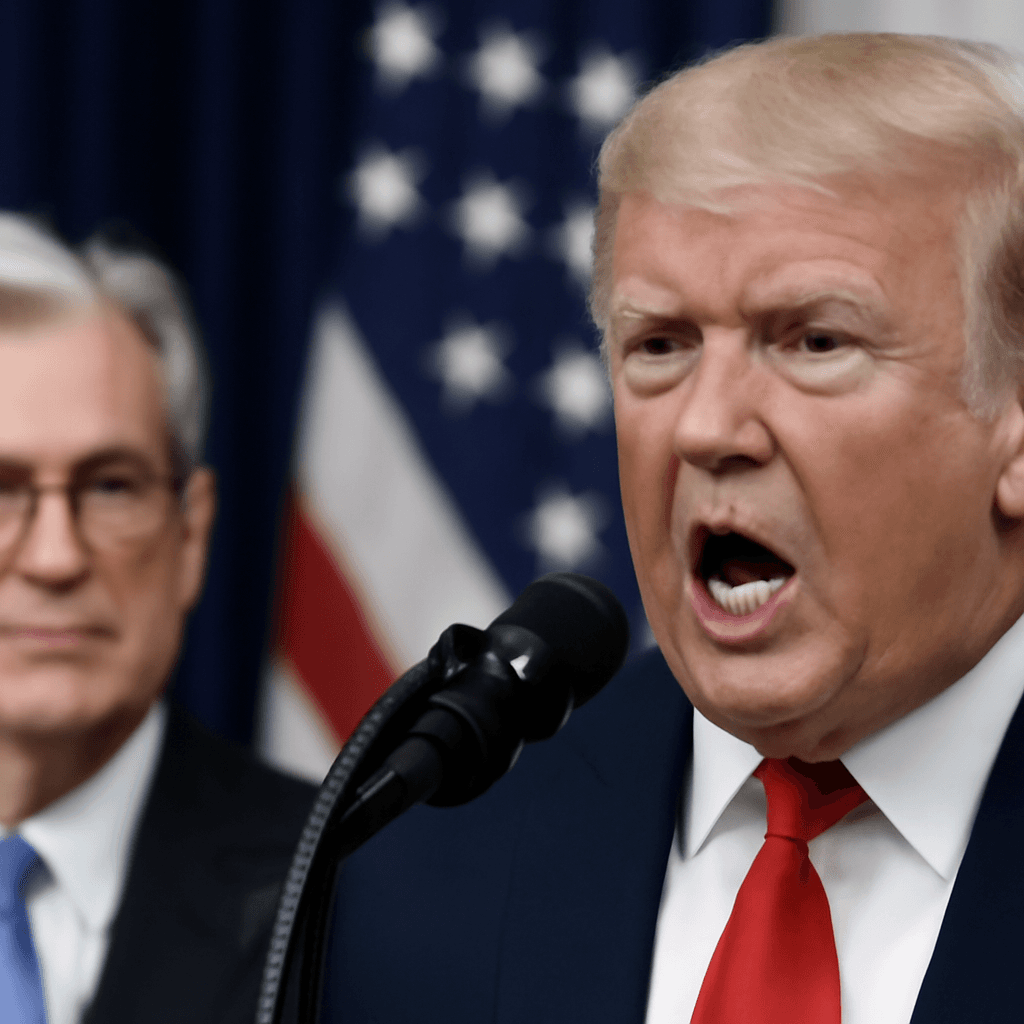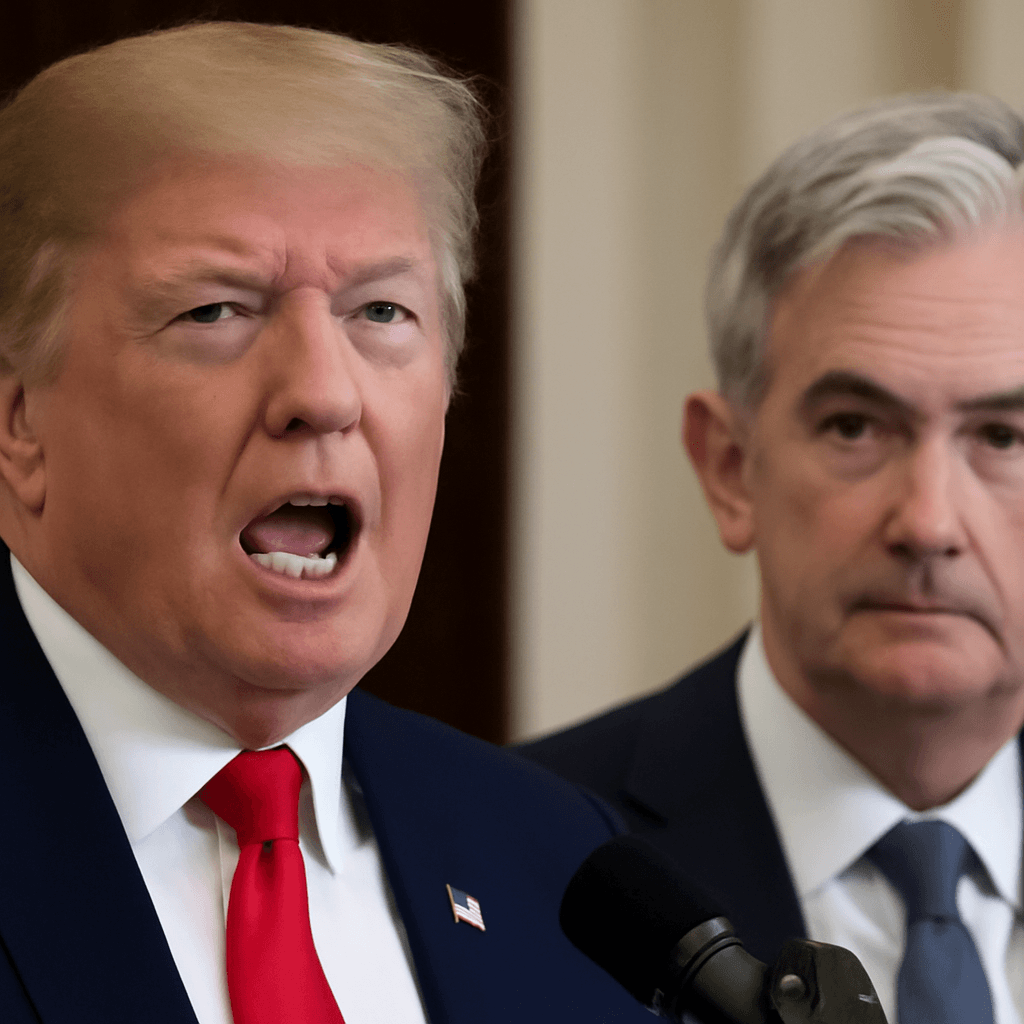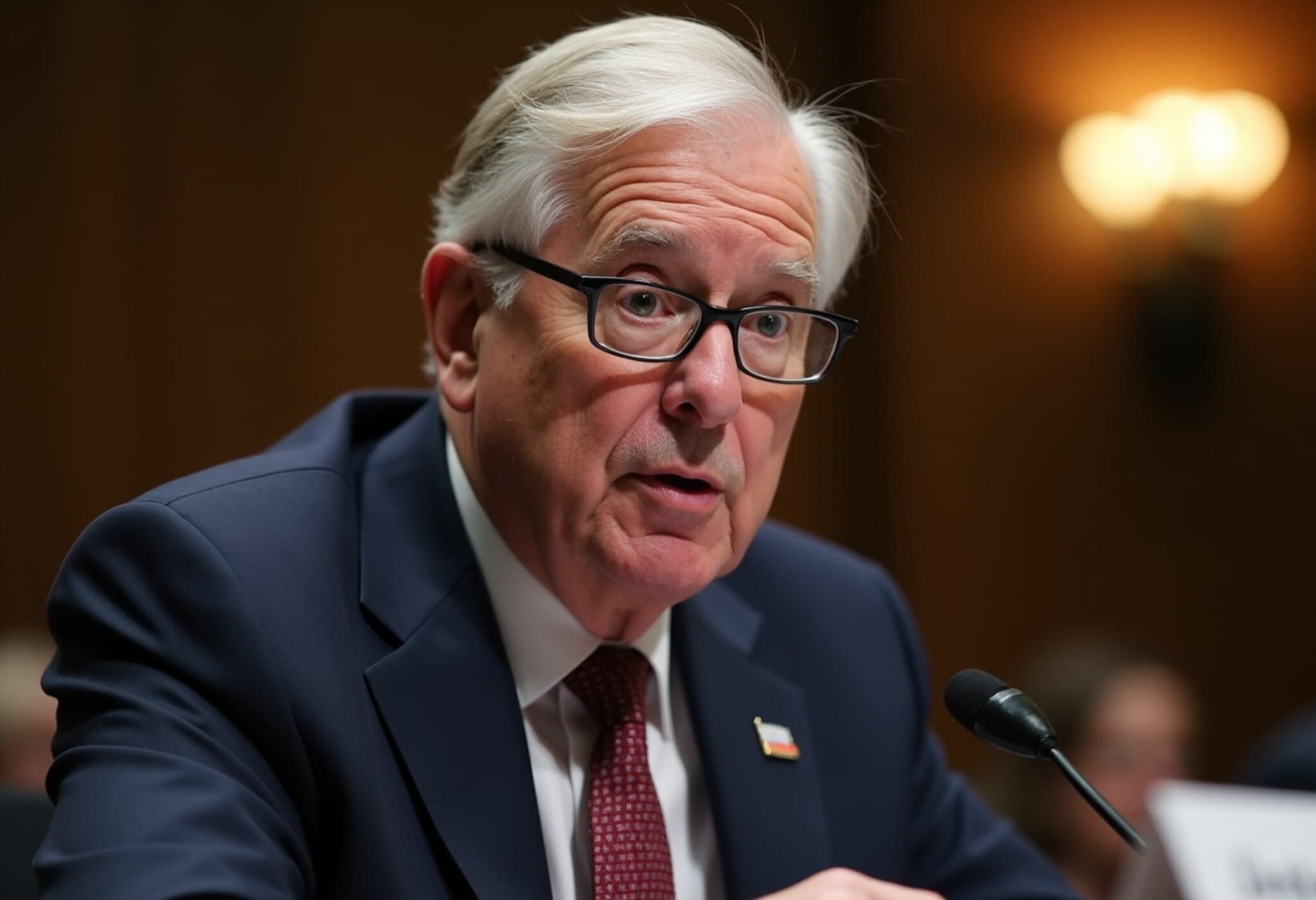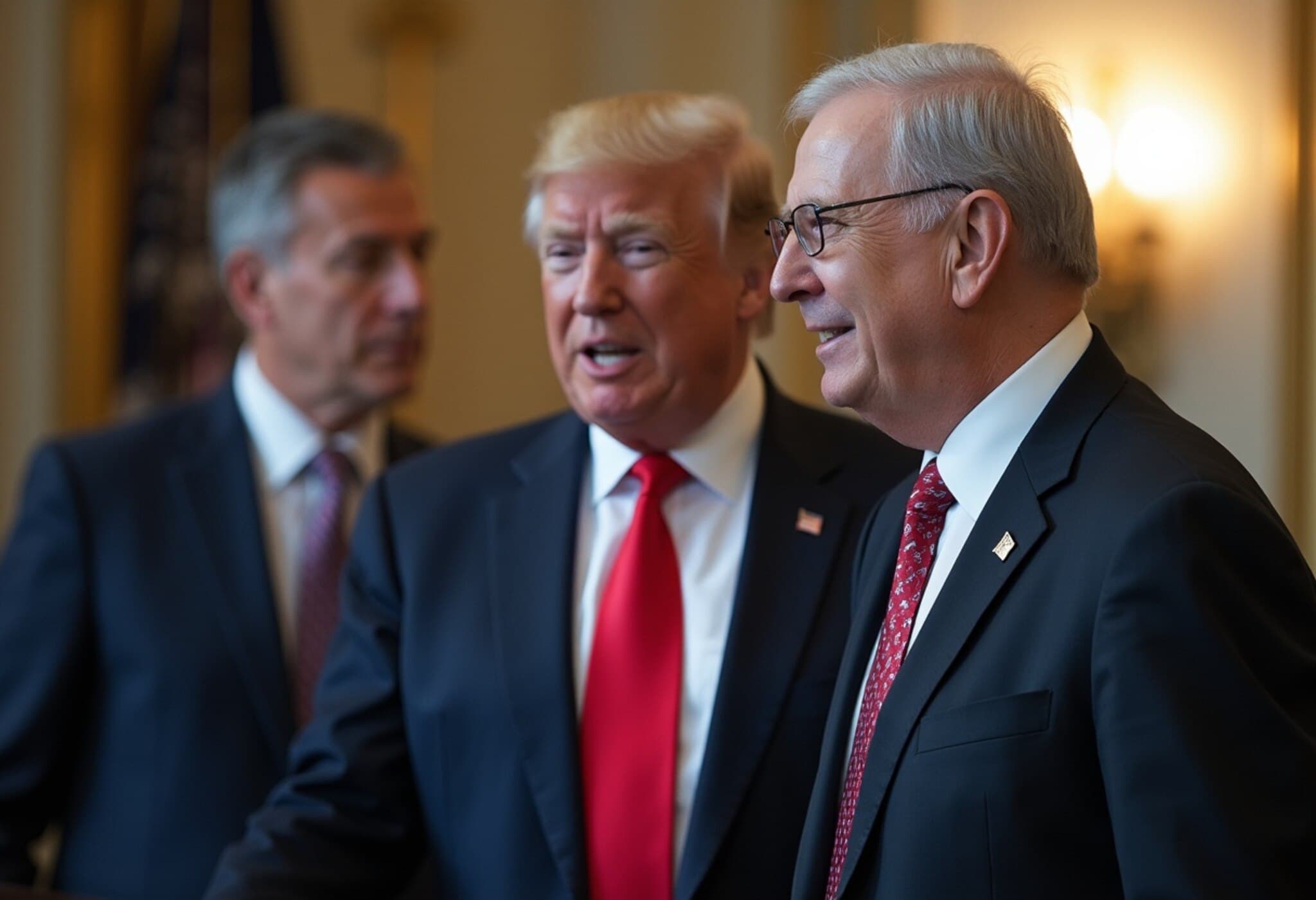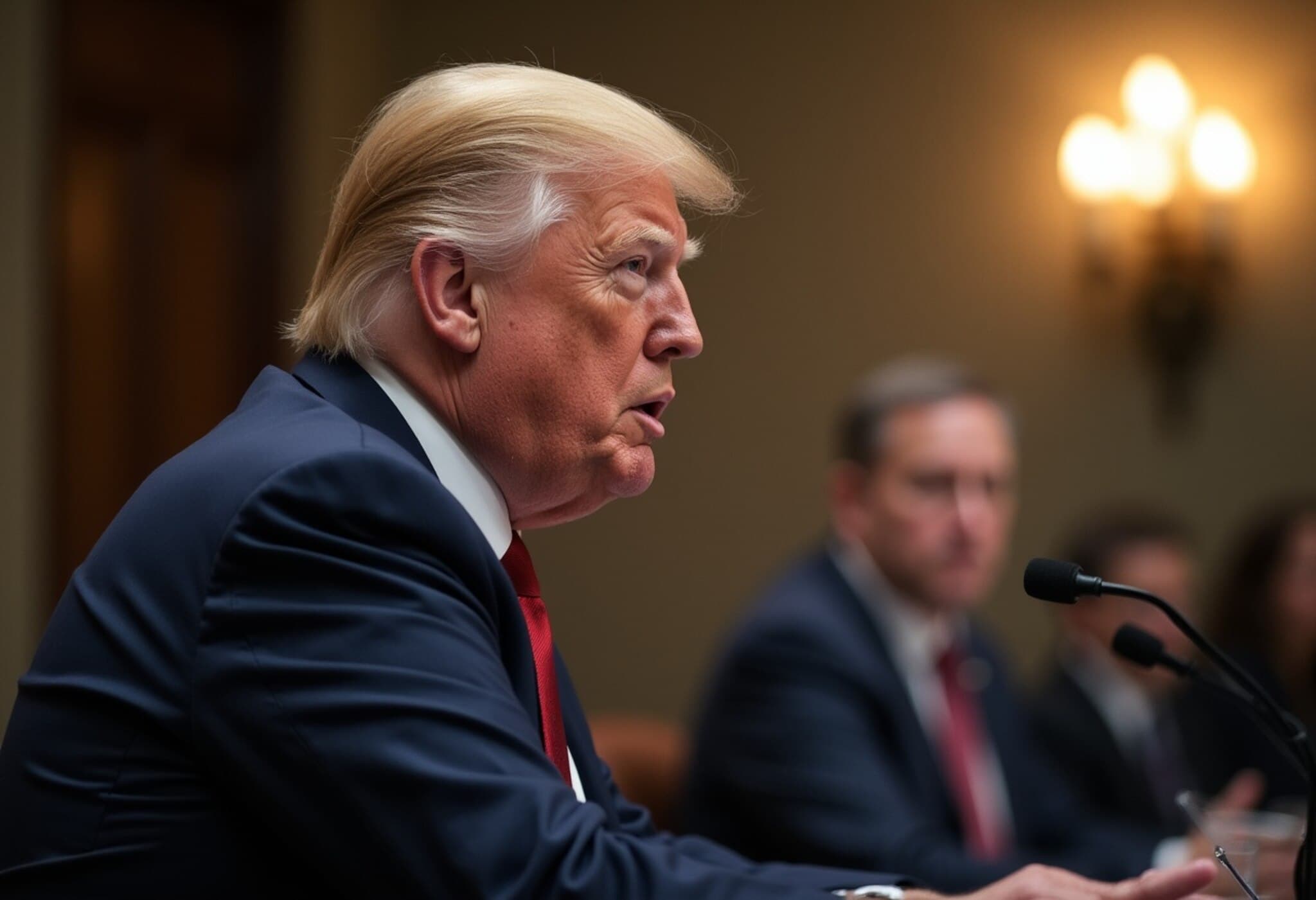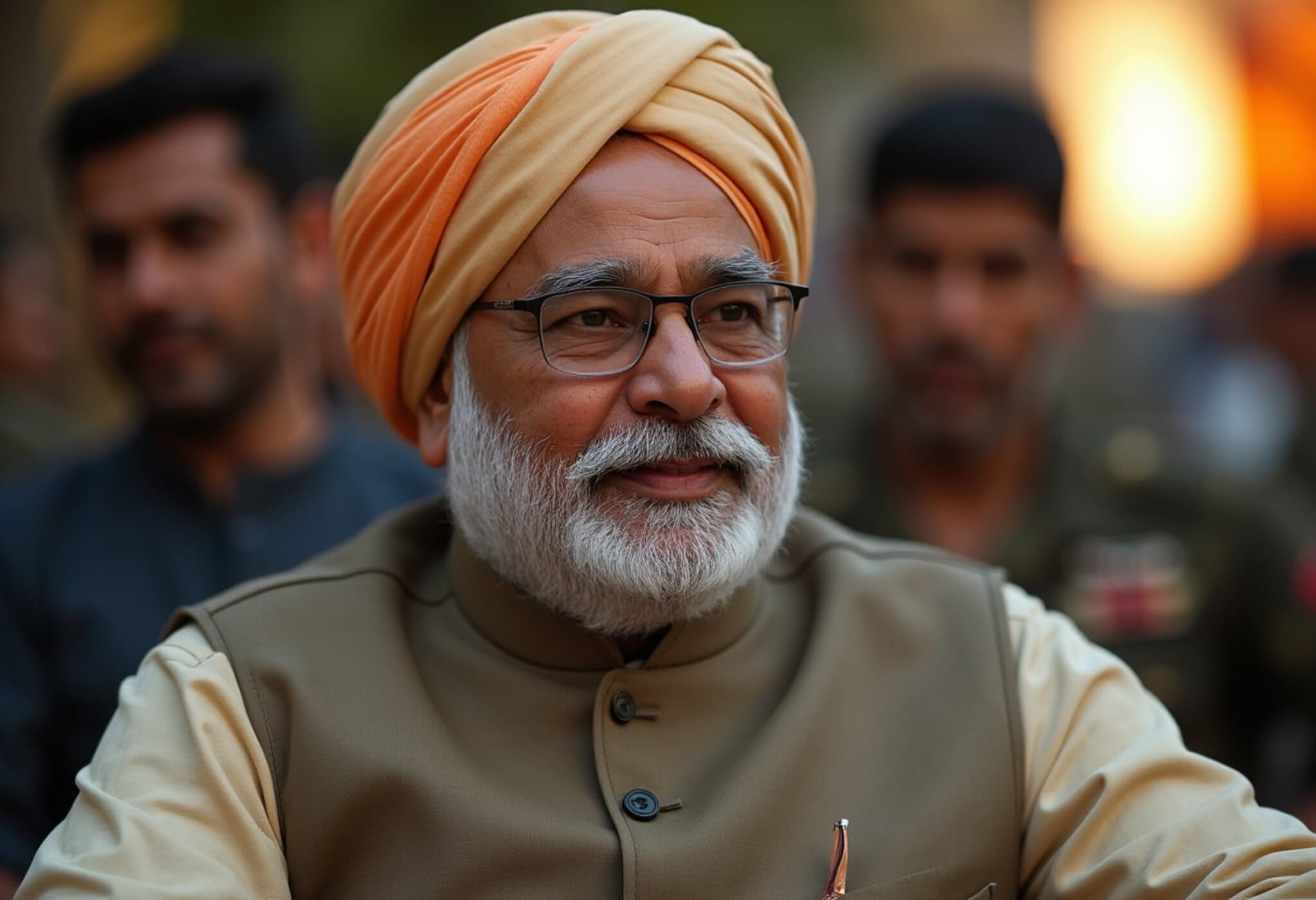Trump’s Fed Criticism Shakes Global Markets
US President Donald Trump's recent attacks on Federal Reserve Chair Jerome Powell have unsettled international markets and dented faith in the US dollar, pushing it to its lowest level in over three years. Trump labeled Powell as "terrible" and indicated he might appoint a successor earlier than the traditional schedule, intensifying market anxiety.
Surprise Move on Federal Reserve Leadership
Traditionally, announcements regarding the Fed Chair's succession occur much closer to term endings. However, discussions suggest Trump may reveal Powell’s replacement as soon as September or October, despite Powell’s term ending next May. Trump claimed to have a shortlist of three to four candidates ready to take over, signaling an expedited transition.
Why Trump’s Criticism Matters
Since taking office, Trump has criticized Powell for not cutting interest rates quickly enough. The Fed, mindful of inflation risks heightened by trade tariffs, has tread cautiously. Experts warn that the President’s public assault on the Fed’s independence risks undermining confidence in the US economy, as central bank autonomy is fundamental to stable monetary policy and investor trust.
Market Reactions: Dollar Dips, Euro and Other Currencies Surge
The US dollar declined sharply against major currencies, with the euro soaring to its highest value against the dollar in over three years, reaching around $1.6805. The Swiss franc hit a ten-year peak, while the Japanese yen strengthened by 0.35% against the dollar, hitting 144.70. The pound sterling also gained significant ground.
Expert Insight on Fed Independence and Market Impact
Market analyst Tony Sycamore highlighted that Trump's potential appointee is expected to adopt a dovish stance, favoring lower interest rates aligned with the President's agenda. However, this could reignite concerns about the Fed's independence, shaking investor confidence in both the central bank and the US dollar.
"The Fed’s autonomy ensures decisions are grounded in economic data rather than political pressure," Sycamore explained. "Compromising that independence risks inflation and undermines trust in US monetary policy."
Why Central Bank Independence Is Vital
Central banks must operate free from political interference to make objective decisions that serve long-term economic stability. While populist politicians might favor aggressive rate cuts to stimulate growth, central banks balance these actions against risks like inflation. Trump’s moves have reignited a crucial debate over the role and independence of the Federal Reserve in steering the US and global economy.

